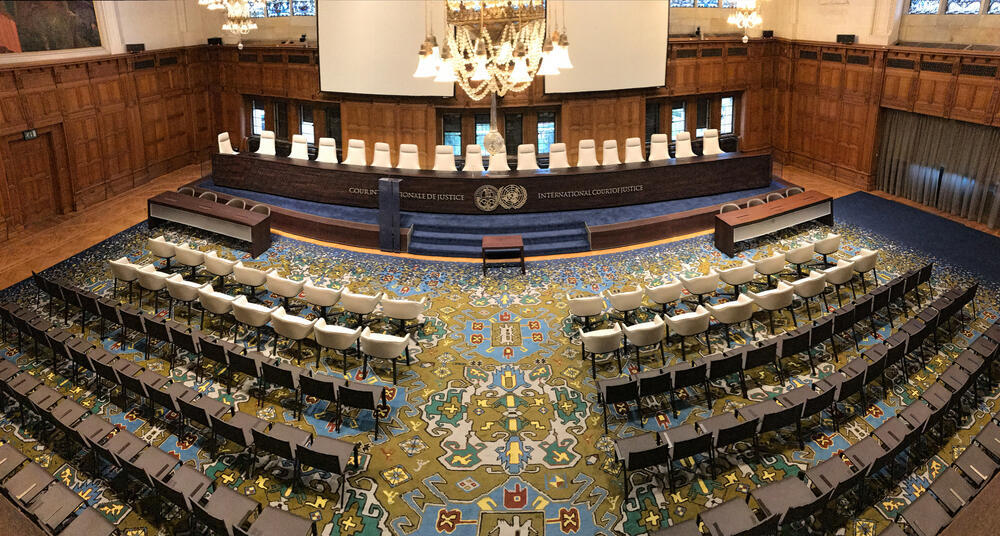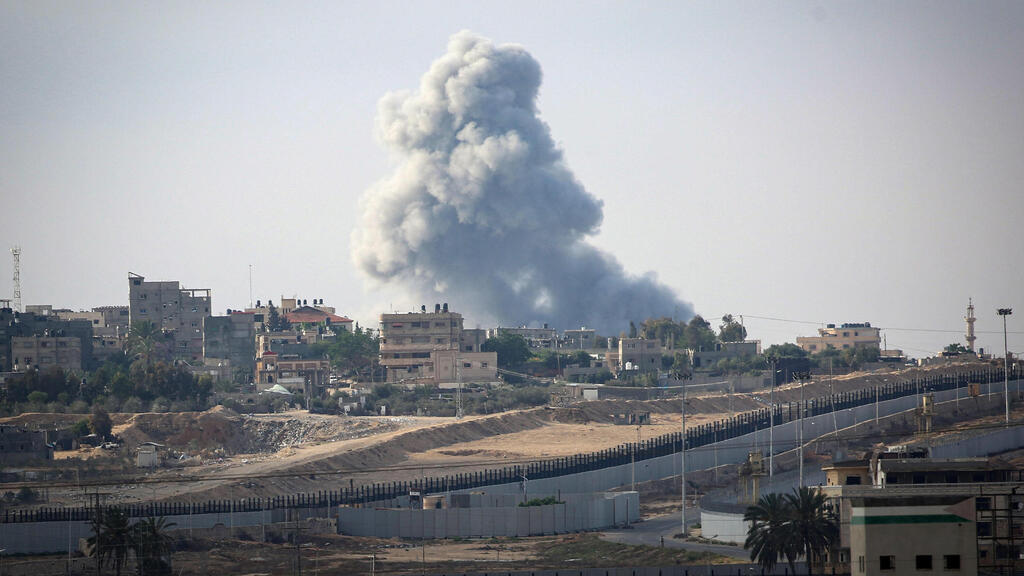The International Court of Justice (ICJ) announced on Tuesday that it will hold public hearings set for Thursday and Friday on South Africa's urgent request to issue a cease-fire order following against Israel in Gaza the IDF's operation in Rafah. South Africa appealed to the ICJ in the early months of the war and accused Israel of committing genocide with Gaza.
On Thursday, a public hearing will be held for South Africa, followed by a similar process for Israel the next day. In its renewed appeal to the ICJ, South Africa requested orders to “protect against further, severe and irreparable harm to the rights of the Palestinian people under the Genocide Convention," and "to ensure Israel’s compliance with its obligations under the Genocide Convention not to engage in genocide, and to prevent and to punish genocide."
Meanwhile, Turkey announced its intention to join the lawsuit filed by South Africa against Israel, with Turkish Foreign Minister Mevlüt Çavuşoğlu delivering the statement on the matter. Following the move, Turkey joins Egypt, which announced earlier this week its intention to support the lawsuit against Israel. Cairo argued that their support comes in light of "the escalation of Israeli attacks against Gaza civilians."
Israel fears the ICJ will approve South Africa's request and issue an order to halt fighting in Rafah in the near future. Intensive behind-the-scenes efforts are underway in Jerusalem to increase humanitarian aid to the Gaza Strip, which has decreased dramatically after Egypt’s refusal to allow aid to pass through the Rafah border crossing in protest of Israel's hold of the eastern side of the crossing.
A senior Israeli official said Egypt’s joining the ICJ case against Israel reflects the deteriorating relations between the countries. "It's not the Egyptian message to the ICJ that bothers us, but rather that it is part of a problematic trend that has implications for diplomatic relations between the two countries," he explained.
Another senior Israeli official added, "This is something that has not happened in the past in relations with Egypt. It's a difficult step. Egypt will continue to exert political pressure and show us it has no patience or ability to move on. It's very sad and very worrying."





